Will a tough-on-crime message resonate in lightning-rod Chicago?
What the city's debate on crime tells us on a national level

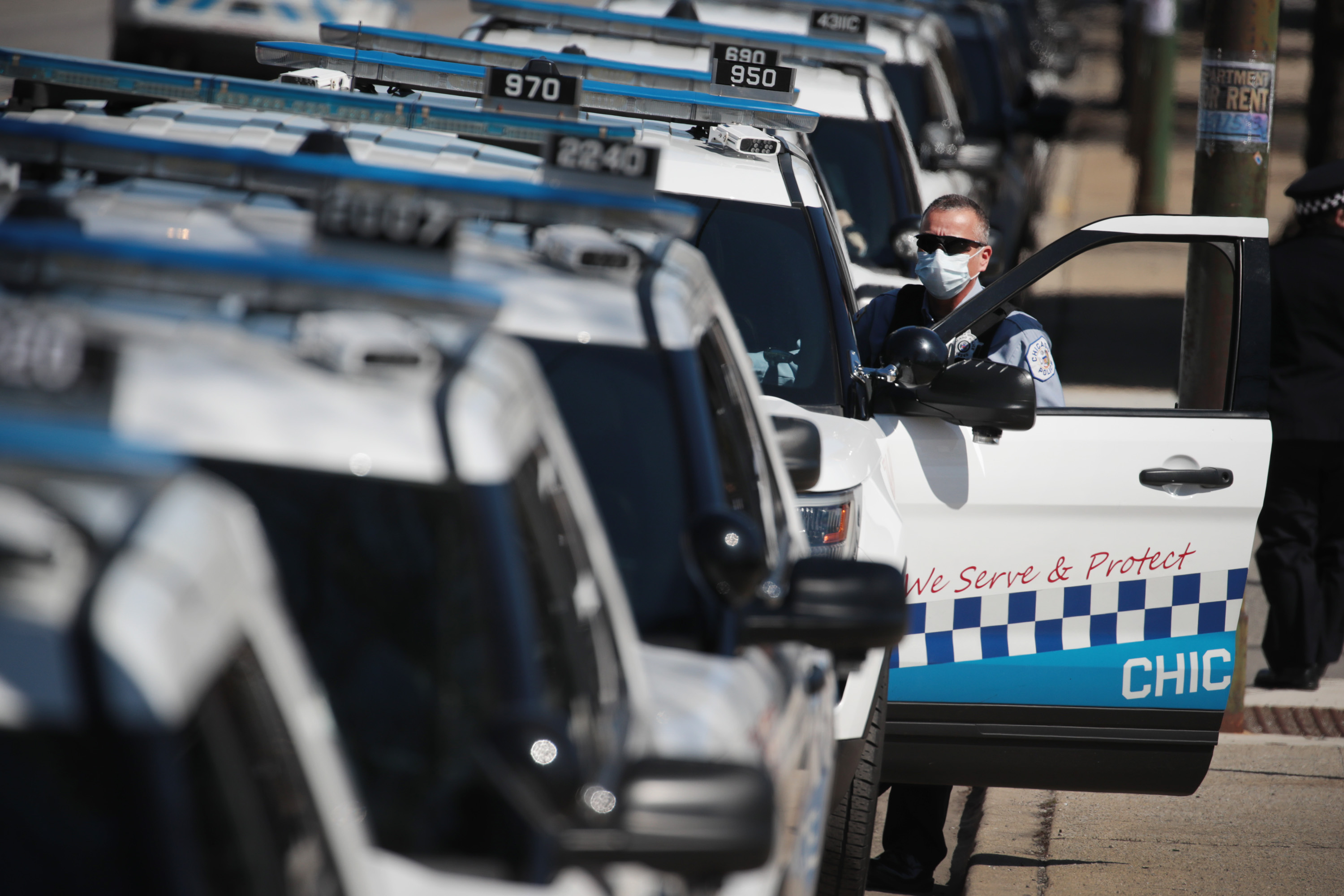
A free daily email with the biggest news stories of the day – and the best features from TheWeek.com
You are now subscribed
Your newsletter sign-up was successful
On Feb. 28, the city of Chicago will hold the first round of its municipal elections. The nonpartisan mayoral election is held in two stages. In the first, a large scrum of candidates fights to either cross the 50 percent threshold for an outright victory, or to be one of the top two vote-getters and proceed to the April 4 runoff election. While the race won't be closely watched for its national partisan implications, it is an important test case of whether the pandemic-era increase in violent crime is still a top issue for voters who actually live in the areas most affected by it. Here's everything you need to know about Chicago's mayoral election and what it means:
Why is crime a top issue in Chicago?
Throughout the Trump era and beyond, America's third-largest city, Chicago, has served as a kind of stand-in for the country's violent crime predicament. Former President Donald Trump threatened to "send in the Feds" in 2017, and called the city's violence problem "worse than Afghanistan" during the George Floyd protests in the summer of 2020. His incessant attacks on "Democrat-run" cities rarely skipped a chance at running down Chicago, especially during his failed 2020 re-election campaign. The maneuver was picked up, mysteriously, even by Republicans running to lead Illinois, like Republican gubernatorial candidate Darren Bailey, who repeatedly called the city a "hellhole" in his unsuccessful 2022 campaign to unseat Democratic Gov. J.B. Pritzker. Chicagoans rejected these sloppy broadsides by continuing to vote heavily Democratic in every election involving the GOP — President Biden, for example, took 82 percent of the vote in 2020.
But on Feb. 28, the city is holding the first round of its municipal elections, an opportunity for Chicago's voters to discuss the matter amongst themselves, so to speak. There are no real Republicans in the nonpartisan mayoral race, although businessman Willie Wilson, taking his third shot at the office, says he voted for Trump in 2016 (after making his own failed bid for the Democratic nomination). But the salience of crime in the race means that while most city residents resent national Republicans exaggerating Chicago's dangers, they are also somewhat concerned about them, too. In a recent poll, 44 percent of respondents ranked crime as their top issue in the election, more than triple the 13 percent who said "criminal justice reform" and the 12 percent who said "jobs and economy."
The Week
Escape your echo chamber. Get the facts behind the news, plus analysis from multiple perspectives.

Sign up for The Week's Free Newsletters
From our morning news briefing to a weekly Good News Newsletter, get the best of The Week delivered directly to your inbox.
From our morning news briefing to a weekly Good News Newsletter, get the best of The Week delivered directly to your inbox.
Has crime actually gotten dramatically worse in recent years? The data is a mixed bag. Homicides remained elevated in 2022 compared to their pre-pandemic baseline (695 in 2022 versus 500 in 2019). And 2022 was a particularly bad year for certain kinds of property crimes — the number of motor vehicle thefts was well over double their level in 2019. While headline-grabbing carjackings were down from their 2021 peaks, they still exceeded pre-pandemic norms. But other crimes, including sexual assault, burglary, robbery, and aggravated battery are actually down from their 2019 baselines.
Where do the candidates stand?
The incumbent, Mayor Lori Lightfoot, had the unenviable task of stewarding the city through the pandemic, a national recession, the George Floyd protests, and the sluggish recovery of the vital downtown area as normal life slowly resumed. The first Black woman to lead Chicago, she is also, by many accounts, a brusque person whose performance has alienated an impressively wide array of political factions. After winning every ward in the city in the 2019 runoff, she began her tenure by squaring off against the city's powerful teacher's union in an acrimonious 11-day strike. After earning some plaudits for her goofy, safety-promoting antics early in the pandemic, her political standing slowly eroded as the city struggled to get back on its feet. But it is the perception that crime is out of control that seems to be most endangering Lightfoot's re-election — in publicly available polling, she is stuck in the teens or low 20s, and rarely leads the pack.
She has three serious rivals. One, former Chicago Public Schools CEO Paul Vallas, is hitting her from the right, which is how he won the endorsement of the city's Fraternal Order of the Police. While Vallas is not a Republican (he was, after all, the Democratic Party's 2014 nominee for lieutenant governor), that's how Lightfoot is hoping to portray him. And he'll have to find a way to win Chicago's small but real contingent of Republican voters without alienating the more liberal voters he would need to become the mayor. For now, the Vallas campaign is using stark language about crime, assailing the "utter breakdown of law-and-order," and his website claims that Chicago "has been surrendered to a criminal element that acts with seeming impunity in treating unsuspecting, innocent people as prey." He promises to fire Police Superintendent David Brown and expand the number of officers. There are other plans, but this is the core of his appeal to the voters. Vallas has led in three of the last four publicly released polls.
Lightfoot also has to worry about U.S. Rep. Chuy Garcia, who ran unsuccessfully for mayor in 2015 as the progressive alternative to incumbent Rahm Emmanuel. This time, he opened his campaign with an ad about crime. "It's time to get back to a safer Chicago, now," he says. "by getting more cops on our streets and illegal guns off of them." Public safety is the first item on his otherwise-alphabetical issues page on his website. First elected to the City Council in 1986, Garcia has been wounded by Lightfoot's aggressive campaign to paint him as a "career politician." He would be the city's first Latino mayor.
A free daily email with the biggest news stories of the day – and the best features from TheWeek.com
And there's also teacher union-endorsed Brandon Johnson, a former Chicago public school teacher who now serves on the Cook County Board of Commissioners, a position which has been a more reliable stepping stone to Congress than to the mayor's office. Johnson has emerged as the progressive favorite in the race after his teacher's union endorsement. Of all the candidates with a plausible shot at the runoff, Johnson is the only one sticking to the language of criminal justice reform. "The addiction that this city, and quite frankly this country has on jails and incarceration has proven to be problematic," he told The Triibe in January. "Are we any safer?"
The bottom line
There is virtually no chance that any candidate wins more than 50 percent of the vote next Tuesday, per The New Republic, so the mayoral race will almost certainly go to a runoff. If Vallas earns a spot in that runoff, it will be pretty clear evidence that concerns about crime are not just a Republican obsession but a real worry for ordinary Chicagoans. That would also be the case if Wilson, who polls a distant fourth in most surveys and who has said that police need to be able to "hunt down" any criminals "like a rabbit" were to surprise and advance to the second round. But If the race comes down to a runoff between any two of the other three candidates polling well enough to make the second round, it would mean that the focus on crime either did not pay dividends or was neutralized by similar rhetoric from other campaigns. And if Johnson advances, it would set up the clearest possible contrast between different visions of how to reduce violent crime, both in Chicago and around the country.
David Faris is a professor of political science at Roosevelt University and the author of "It's Time to Fight Dirty: How Democrats Can Build a Lasting Majority in American Politics." He's a frequent contributor to Newsweek and Slate, and his work has appeared in The Washington Post, The New Republic and The Nation, among others.
-
 Why is the Trump administration talking about ‘Western civilization’?
Why is the Trump administration talking about ‘Western civilization’?Talking Points Rubio says Europe, US bonded by religion and ancestry
-
 Quentin Deranque: a student’s death energizes the French far right
Quentin Deranque: a student’s death energizes the French far rightIN THE SPOTLIGHT Reactions to the violent killing of an ultraconservative activist offer a glimpse at the culture wars roiling France ahead of next year’s elections
-
 Secured vs. unsecured loans: how do they differ and which is better?
Secured vs. unsecured loans: how do they differ and which is better?the explainer They are distinguished by the level of risk and the inclusion of collateral
-
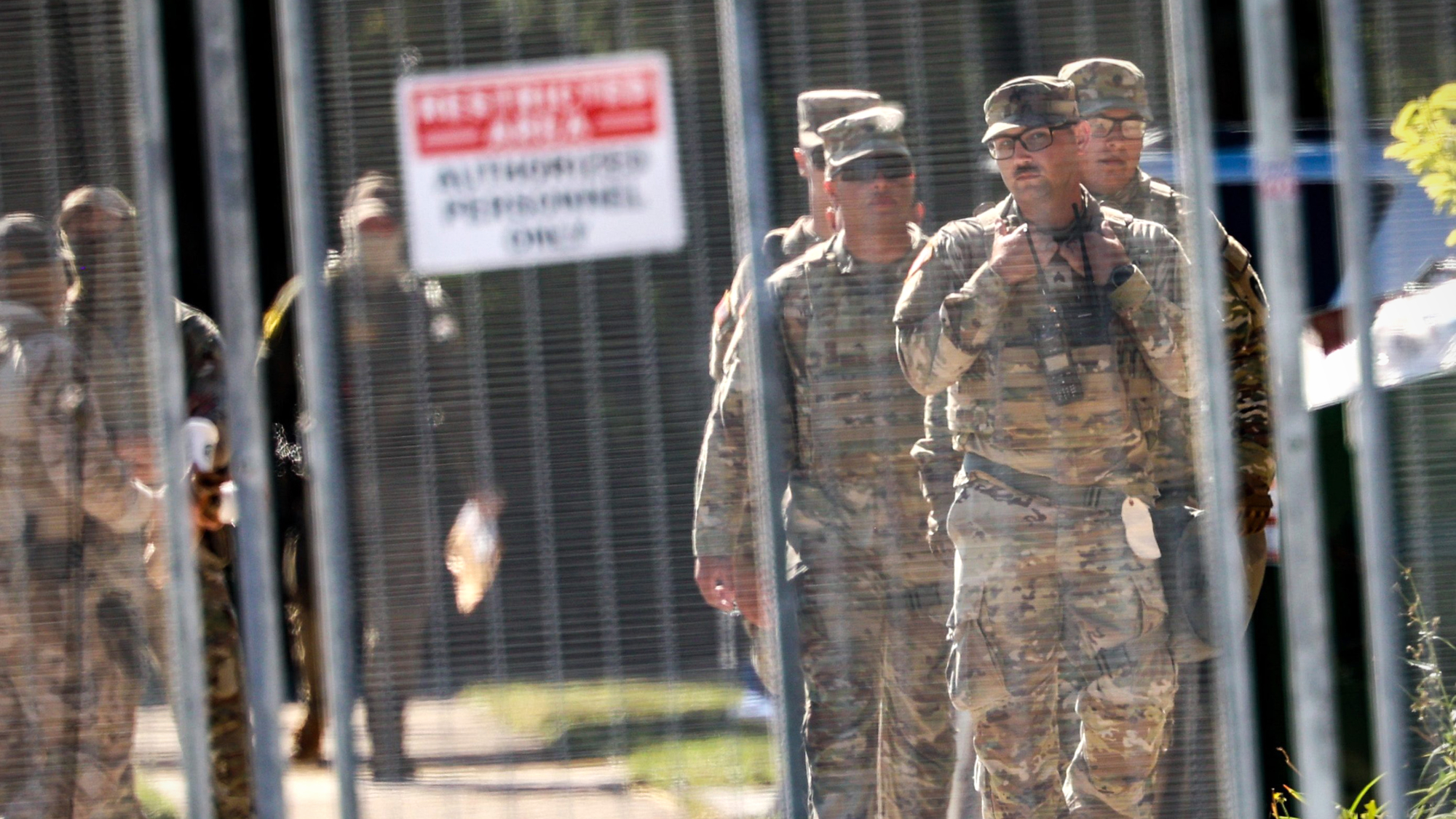 Supreme Court bars Trump’s military use in Chicago
Supreme Court bars Trump’s military use in ChicagoSpeed Read
-
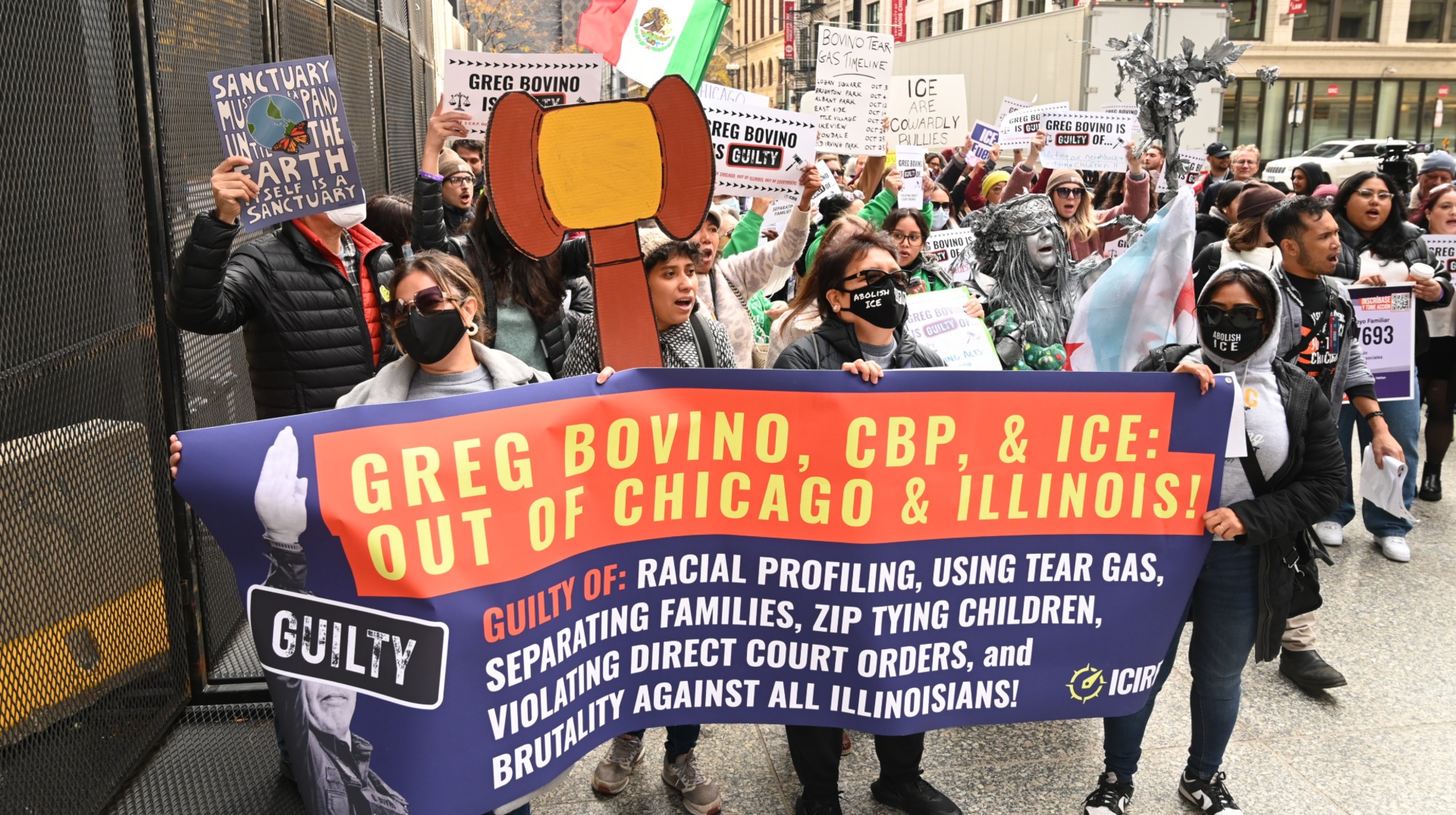 Judge issues injunction on DHS use of force
Judge issues injunction on DHS use of forceSpeed Read Agents can only use force under the ‘immediate threat of physical harm’
-
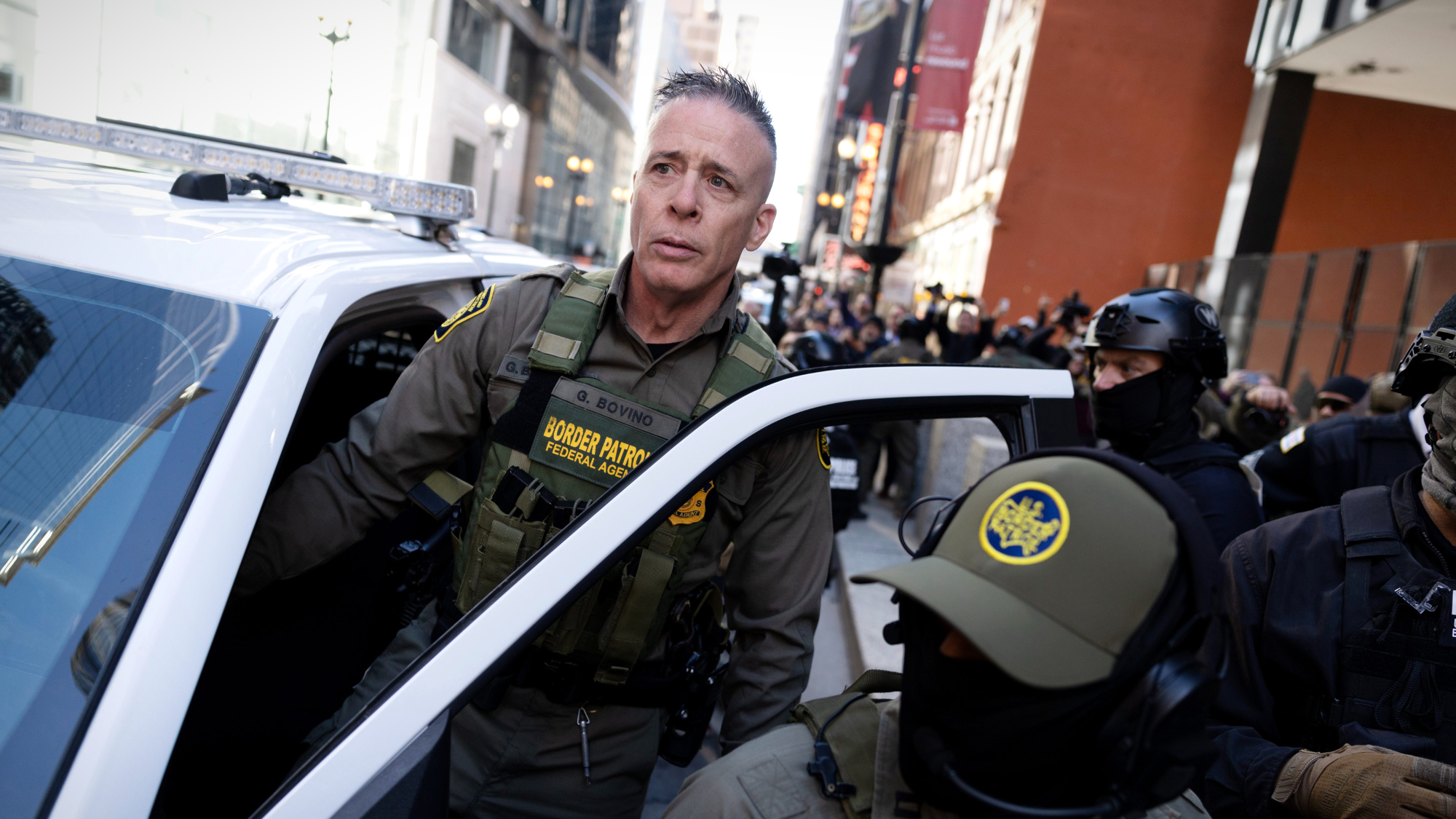 Border Patrol gets scrutiny in court, gains power in ICE
Border Patrol gets scrutiny in court, gains power in ICESpeed Read Half of the new ICE directors are reportedly from DHS’s more aggressive Customs and Border Protection branch
-
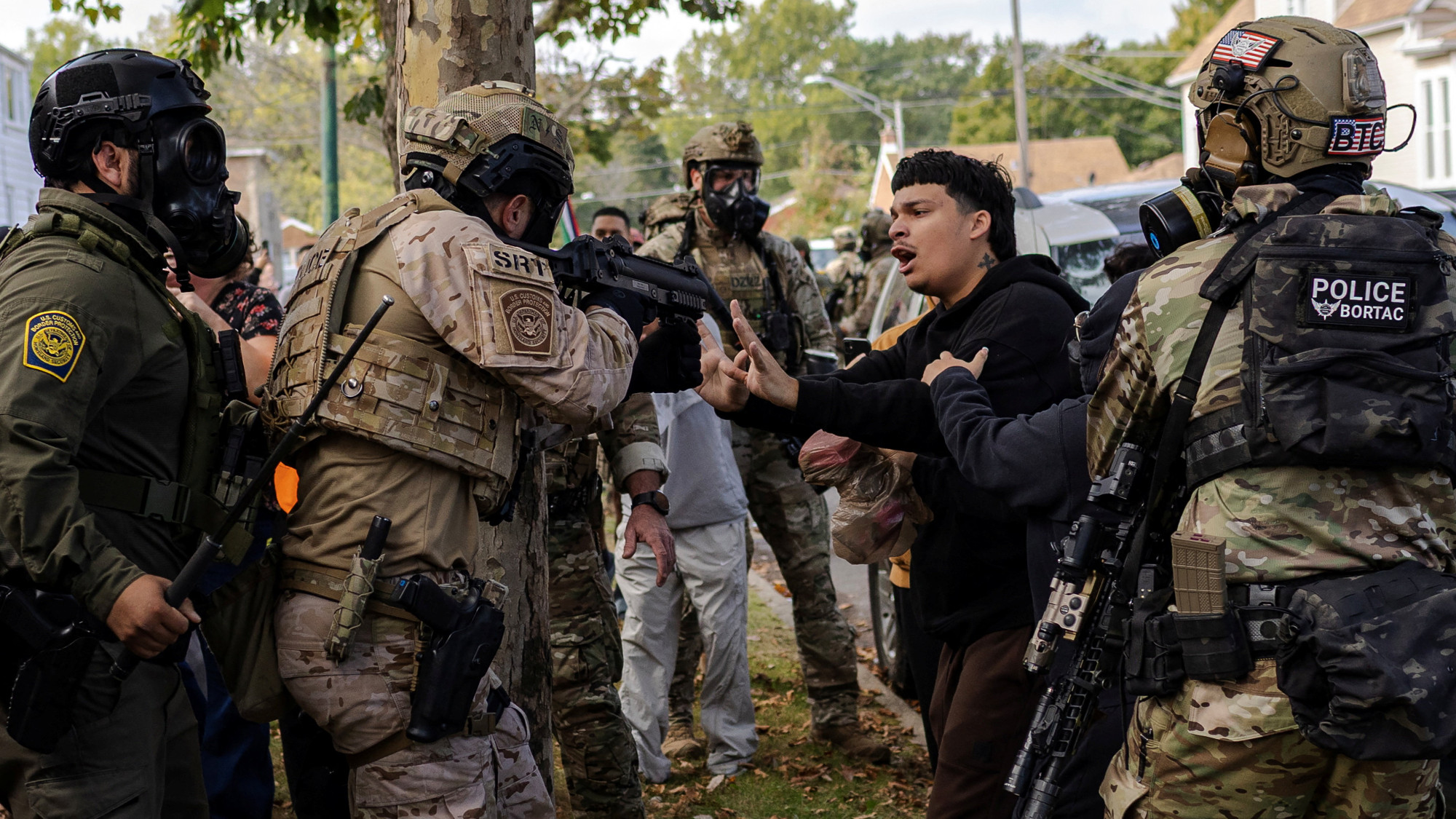 Chicago: Scenes from a city under siege
Chicago: Scenes from a city under siegeFeature Chicago is descending into chaos as masked federal agents target people in public spaces and threaten anyone who tries to document the arrests
-
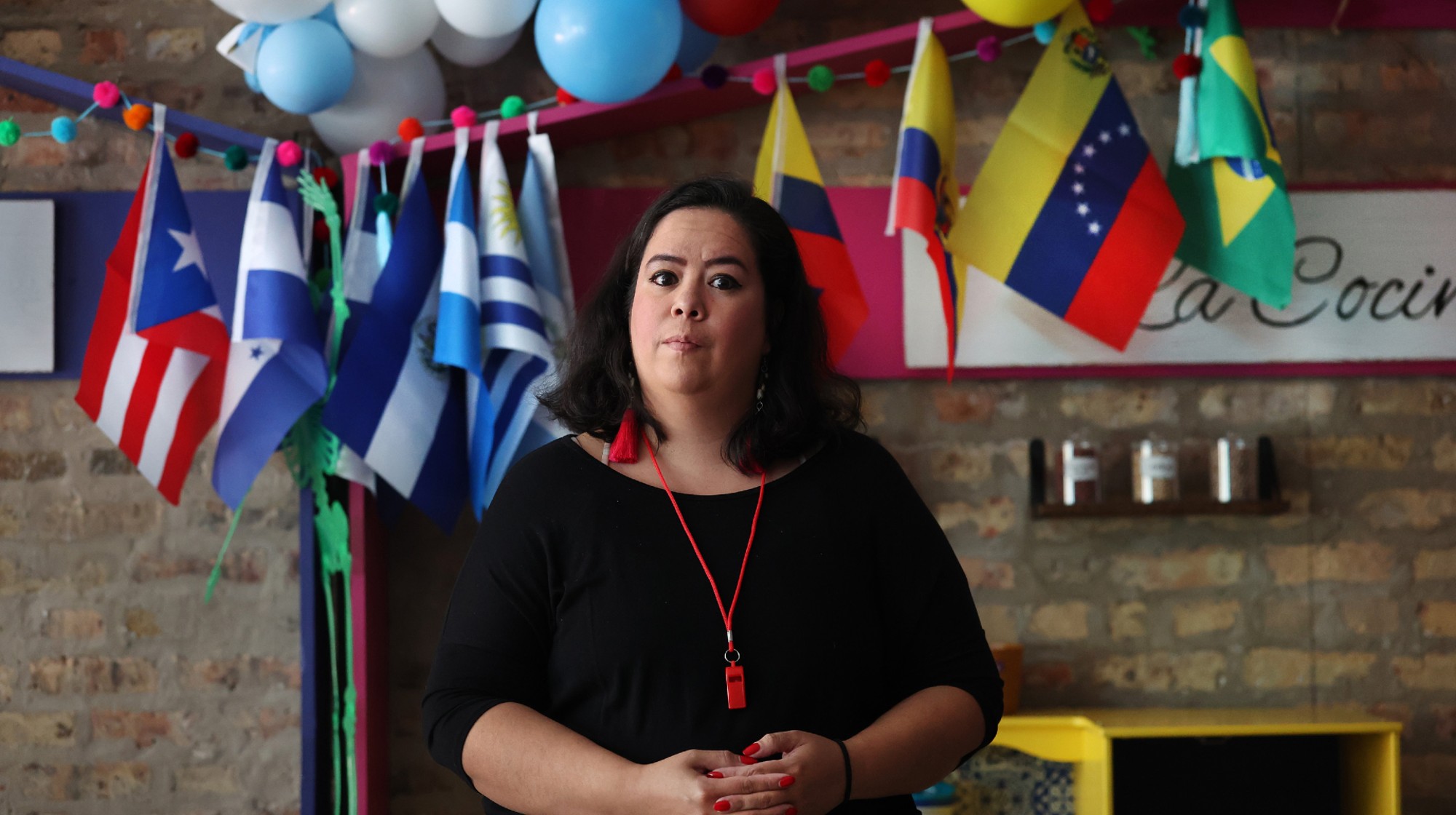 Whistles emerge as Chicago’s tool to fight ICE
Whistles emerge as Chicago’s tool to fight ICEIN THE SPOTLIGHT As federal agents continue raiding the city, communities have turned to noisemakers to create a warning system
-
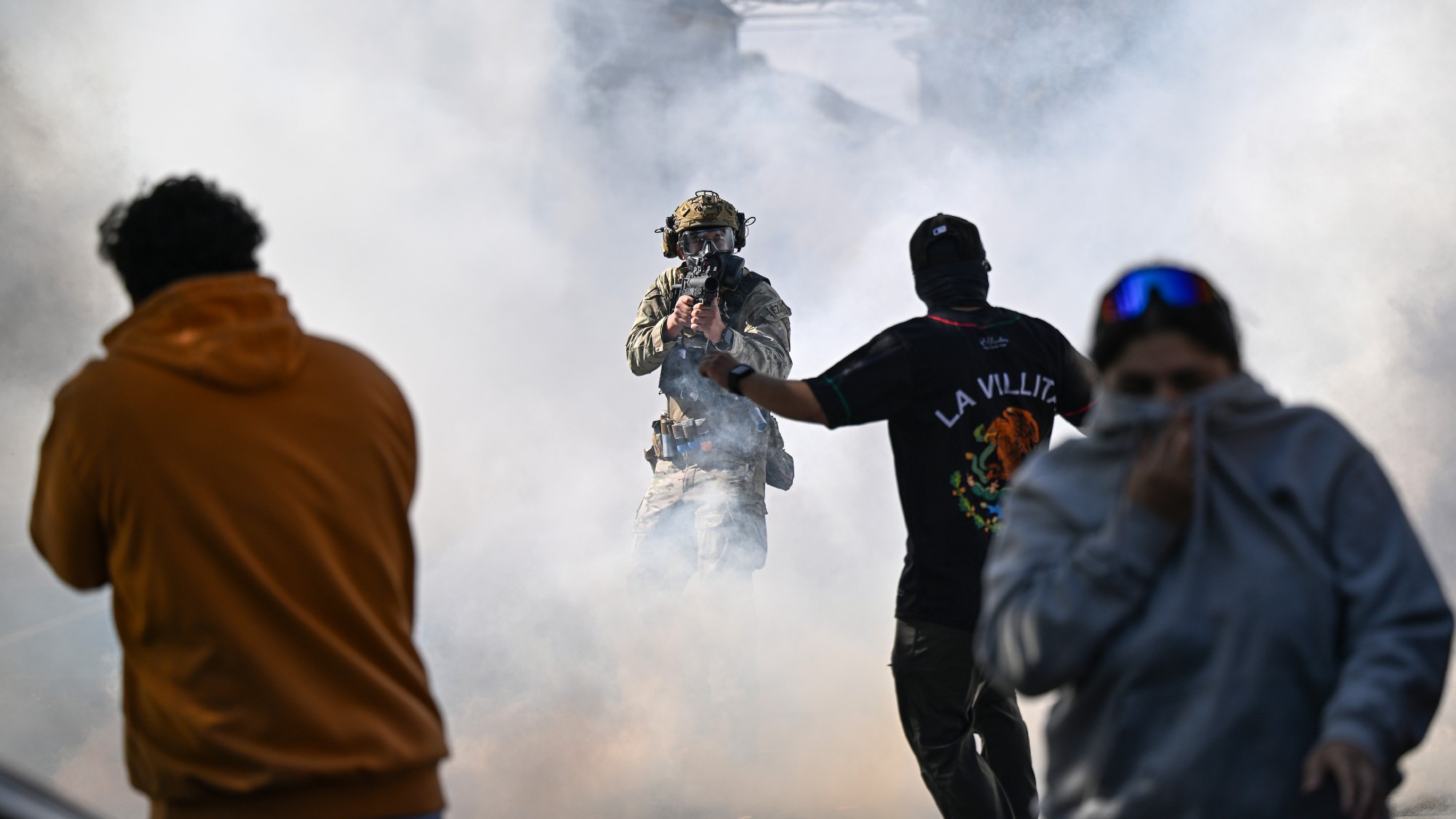 Courts deal setbacks to Trump’s Chicago operations
Courts deal setbacks to Trump’s Chicago operationsSpeed Read President Donald Trump cannot deploy the National Guard in Illinois
-
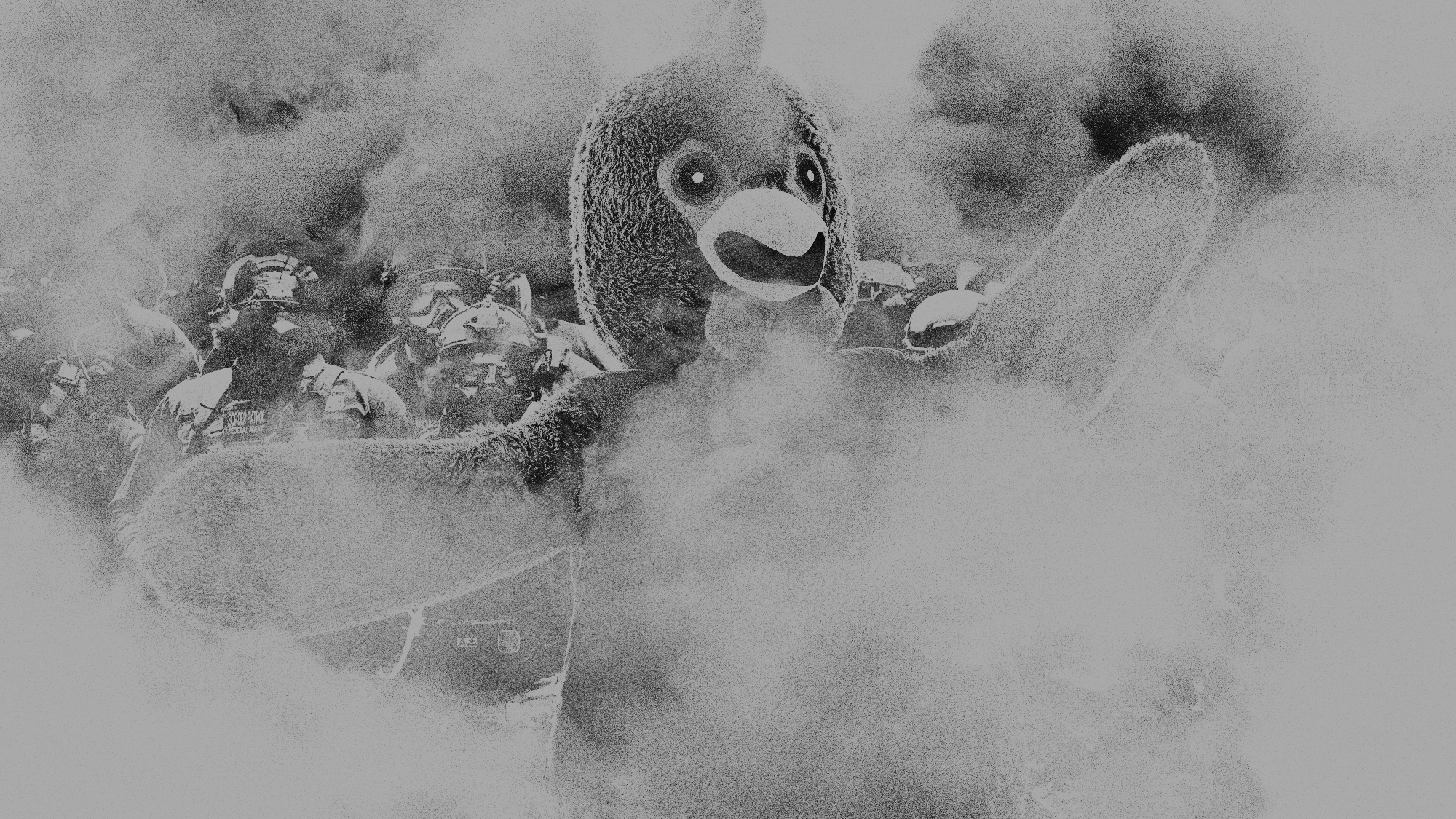 Are inflatable costumes and naked bike rides helping or hurting ICE protests?
Are inflatable costumes and naked bike rides helping or hurting ICE protests?Talking Points Trump administration efforts to portray Portland and Chicago as dystopian war zones have been met with dancing frogs, bare butts and a growing movement to mock MAGA doomsaying
-
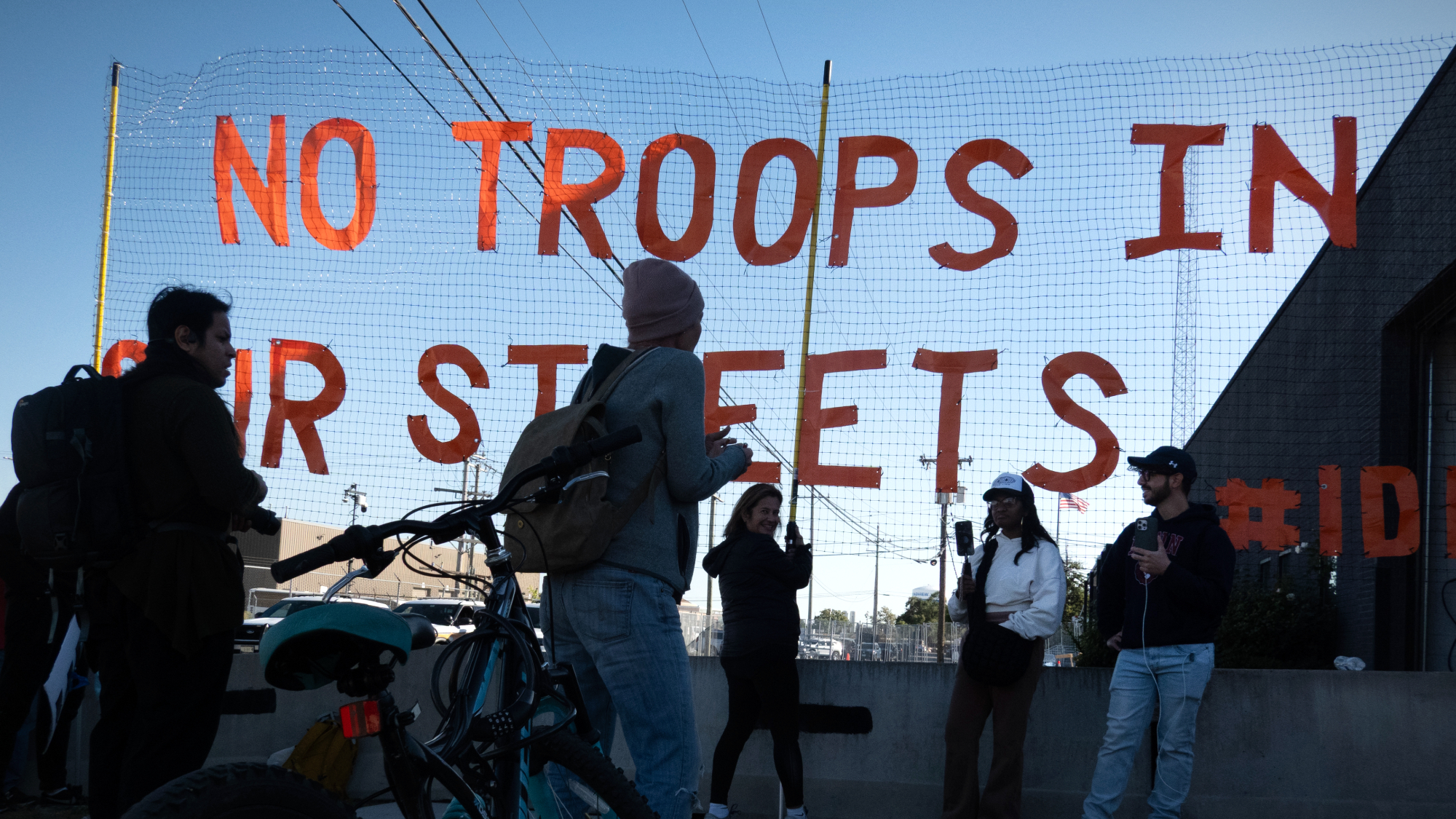 Judge blocks Trump’s Guard deployment in Chicago
Judge blocks Trump’s Guard deployment in ChicagoSpeed Read The president is temporarily blocked from federalizing the Illinois National Guard or deploying any Guard units in the state
